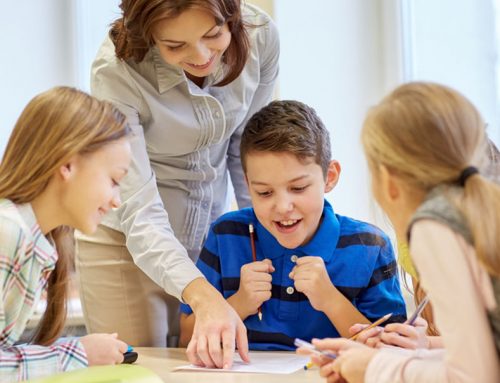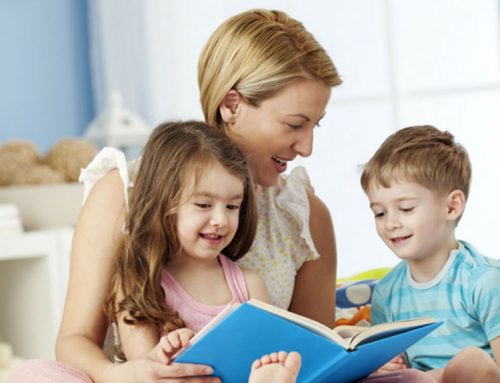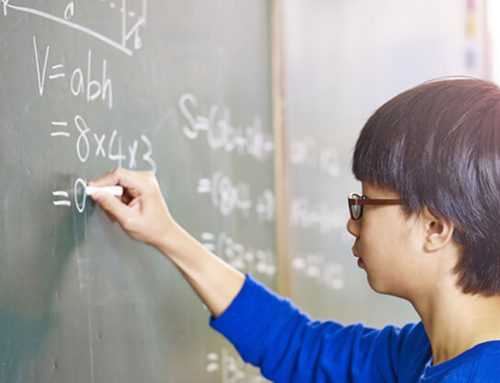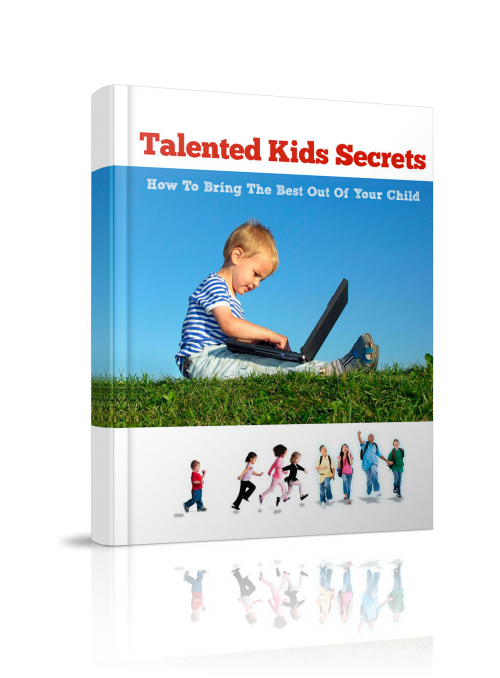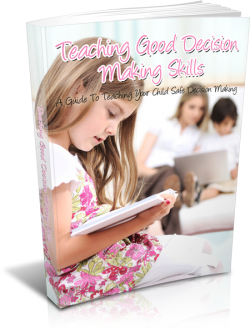
Who is a thinker? What is the definition?
As parents, it is very important to support or promote your child’s thinking capabilities from around 12 months, sometimes as young as 8 or 9 months old.
In the field of academics, the questions often require the children to do more than recall a correct answer that has been memorized. They engage your children’s processing intelligence and content intelligence. Most times, we called these the ‘application questions’.
Thinking can be fun if your child possesses the tools to think with. It is my hope that when our children learn the core and deep thinking skills, also known as the critical thinking skills, they are able to integrate them into their regular curriculum content, thereby reducing reliance on external help such as tuitions.
Of course, all children will improve their thinking only if they want to. Most importantly, they have to believe that they can. Thus, they need to have a healthy set of emotional skills such as self-esteem, confidence, persistence, and motivation to take on thinking questions. To improve these emotional skills, positive thoughts are required.
The following POSITIVE THOUGHTS can be taught to our children to improve their
CONFIDENCE
It won’t be the end of the world even if I can’t solve this.
I’ve done difficult things before. I’m sure I can do this.
Even though it may take a little more time, I know I can do it.
PERSISTENCE
I don’t like doing it but I will do it anyway.
It’s hard, but not impossible.
I haven’t learnt this yet but I will.
SELF-ESTEEM
I can’t please everyone all the time.
Things will be better tomorrow.
Everyone makes mistakes. Mistakes are part of learning.
I am not incapable just because I got a C.
GENERAL
I can learn thinking processes to improve intelligence.
I will learn from my mistakes.
I will learn from better thinkers by listening to the questions they ask themselves when they experience failures.
What is true education?
‘Education is not just learning knowledge and skills, but the development of children’s learning capacity. Education is the development of thinking clearly and creatively, implementing their own plans and communicating their ideas to others in a variety of ways.’ (Sue Palmer and Galina Doyle, 2004)
What we do
We strive to provide the true education that every young child needs in order to live a meaningful life.


